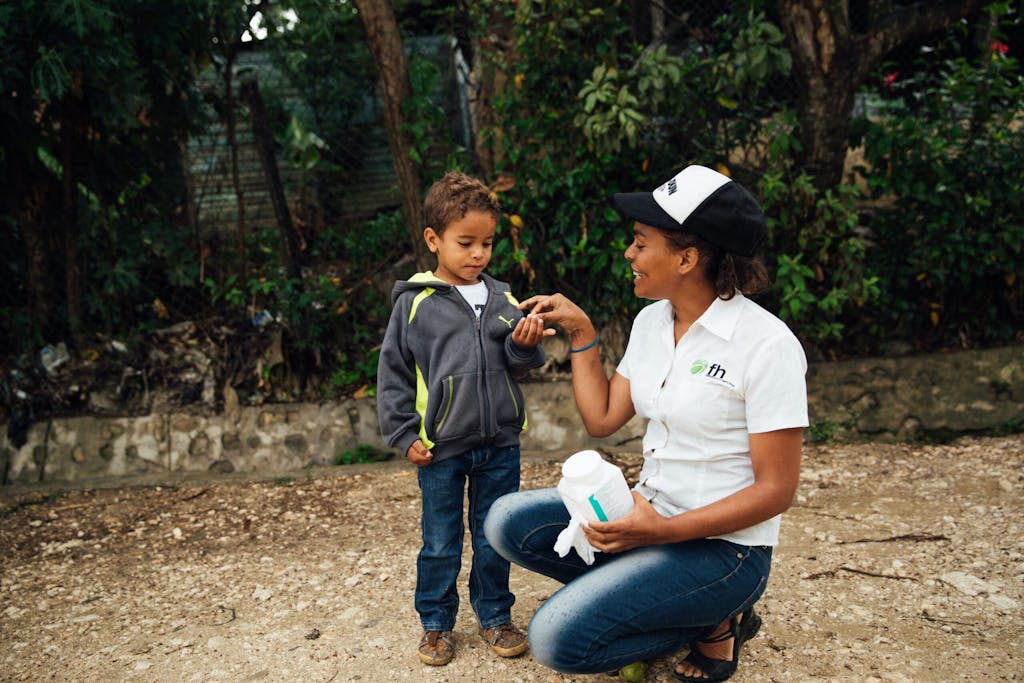From A to B-Complex and zinc, multivitamins have slowly nurtured their way back into the public eye. In the midst of the self-care movement, multivitamins (once a chore ordained by your mother: “take your vitamins!”) are having a major moment. A new wave of direct-to-consumer, subscription brands now ship vitamins directly to your door each month. They’re getting a makeover: popular ones like Ritual are transparent and photo-ready, showing little beads in oil. Others like Care/Of are tailored to YOU, based on your health priorities, and arrive in little packets with your name printed on the packaging. Multivitamins designed specifically for women, offering extra doses of minerals like iron, and gummy bear vitamins for kids are ever the more popular. Even the plain-and-simple GNC and VitaminShoppe’s of this world have partnered with influencers to get vitamins into the hands (and Instagram accounts) of all.
Vitamins are important, and self-care is a noteworthy consideration–what I like to think of as a “modern spin” on the Sabbath (now often including books or bubble baths), calling an otherwise hustling, overworked population to remember to take care of ourselves. Rest is so important that God rested on the seventh day after creating the universe. He even specifically commanded the Israelites to rest–the fourth commandment of the Ten Commandments. And vitamins are an important part of making sure any micronutrient deficiencies are made up for, whether in diets or supplements.

FH’s health experts care a lot about vitamins, making sure our bodies are thriving and healthy (to do things like work, go to school, and play). It’s not OK that children are dying from preventable diseases. It’s not OK that families are spending their entire income on medical services, or that access to quality healthcare is limited. FH works with communities to restore physical health through training and educational workshops. FH also provides access to treatment, clean water, and implements preventative measures to keep children healthy and safe.
5 Surprising Takeaways About Vitamin Intake
The World Food Bank recently chatted with Nicole Coglianese, FH’s Senior Health and Nutrition Technical Advisor, on the importance of micronutrients. Here are 5 surprising takeaways from her interview:
- Micronutrients (vitamins and minerals) are required in small amounts, but have a big impact on growth, metabolism, and overall well-being. Micronutrient deficiencies are often called “hidden hunger” because someone might not look malnourished, but still have deficiencies.
- According to USAID, the top four micronutrient deficiencies–vitamin A, iron, zinc, and iodine–cause the highest burden of disease globally.
- Meanwhile, in the American diet, calcium, iron, potassium, and vitamin D deficiencies are more common.
- The best way to take in the recommended amounts of essential vitamins and minerals is to eat a variety of nutrient-dense foods each day.
- Different food preparation techniques can also increase micronutrient intake. For example, boiling vegetables decreases the water-soluble nutrients in the foods. Rather than boiling vegetables, steaming and roasting vegetables can help maintain micronutrient content.
Prenatal Vitamins Made All the Difference

Rosaura Evangelista Castillo is a mother in the Dominican Republic that received prenatal vitamins, thanks to Vitamin Angels’ partnership with FH. The vitamins contain folic acid, calcium, vitamins A, C, D, E and other essential nutrients that complement the diet and strengthen the body of the women.
For close to a decade, Rosaura struggled with infertility and tried to have a baby without success. Even her doctor didn’t understand why she couldn’t get pregnant. In 2011, when FH staff came to her community, they heard her story and brought along some prenatal vitamins. Rosaura began to pray about her situation and follow the instructions FH staff gave her about taking the vitamins. Just three months later, a miracle happened: she was pregnant!
Today, her son Argenis Jesus Evangelista Nuñez is one year old. “This has changed our lives entirely,” Rosaura says.
After worrying and waiting for so long, she was finally a mother of a beautiful and healthy boy. Even her husband Hilario tries to spend more time at home so he can spend time with his son Argenis. “Caring for him is a true gift to us,” her husband expressed.
As a result, Rosaura is a member of the Cascade Group program, where groups of mothers learn different health topics. After learning them, they then teach the same topics to their neighbors. One day, she wants to have a big family. With God’s help, she says, Rosaura’s family wants to become an example to others around them. Catalyzed by some prenatal vitamins and caring FH staff who pointed her back to God, Rosaura trusts His guidance now more than ever.
Holding her baby boy in her arms, she couldn’t be happier.
More articles you may be interested in:
World Breastfeeding Week: How Breastfeeding Contributes to Ending Poverty


